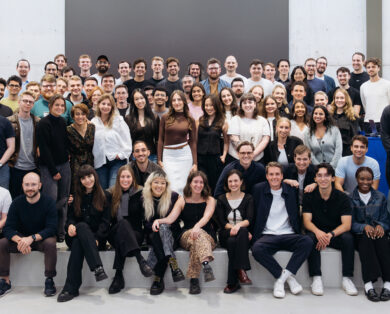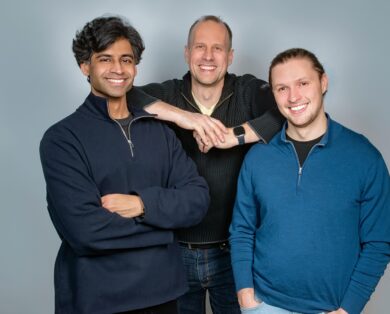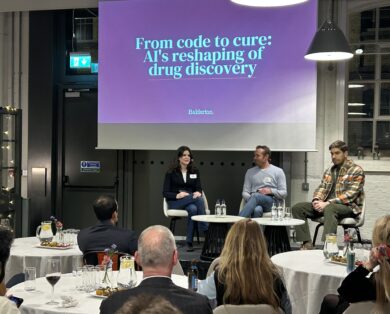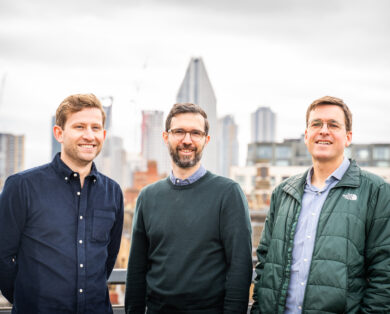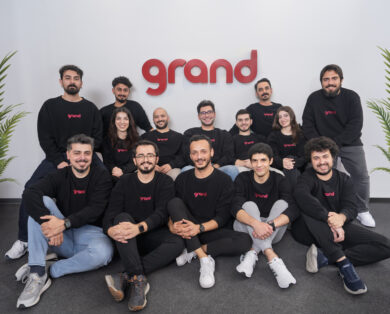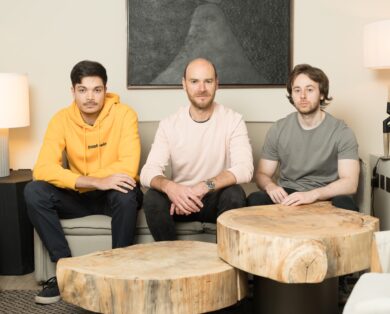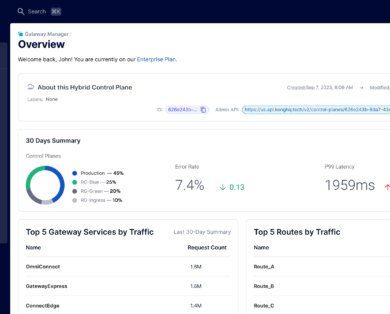- Portfolio News
- 04 March, 2025
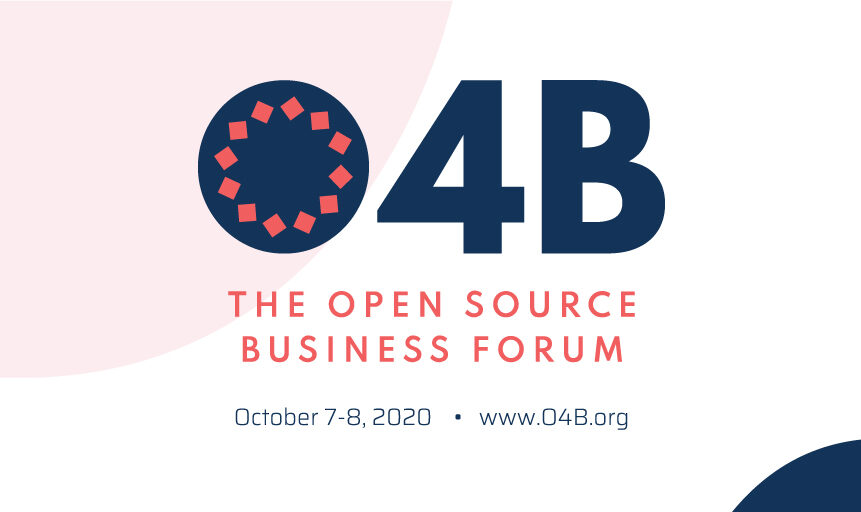
Join the conversation on the future of open source in Europe at O4B on October 7th & 8th.
O4B – The Open Source Business Forum aims to break down siloed communities for European founders and educate and foster knowledge sharing across European corporations on open source.
Why is this important?
The Open Source Requirement is a fundamental shift in how software is being created today.
Engineers have been writing software for IT infrastructure a lot longer than I have been alive, and at Balderton we led the Series A in MySQL when the sounds of dial-up modems were still pervasive. There is nothing new about load balancers, relational databases, or search algorithms.
What is new is how these fundamental components of infrastructure are now being built and bought. Not long ago, an open source approach to building infrastructure software was a philosophical choice.
For the generation of infrastructure software builders starting out today, being open source has become a requirement.
It has become a requirement because open source projects have distinct advantages in infrastructure software versus their closed source counterparts, namely:
- Greater implicit trust in the quality of the work
- Larger scope for collaboration across a worldwide developer community
- Development and iteration speed that isn’t gated by hiring and onboarding
- Scale and adoption benefits due to wider distribution and awareness
- Revenue benefits as software buyers from developers to CTOs begin to view open source as a hygiene factor on the label
How did we get here?
In the days of MySQL, open source was often still considered a fringe, radical ideology that pitted greedy businessmen against idealistic creators. Today, venture capitalists are pouring money into open source at unprecedented rates, and founders with quickly accelerating Github star counts are just as likely to attract capital as those with rapid revenue growth.
This is partially due to a signalling effect. The successes of MySQL, Redhat, MongoDB, Elastic, Confluent, HashiCorp and Databricks, among many others, have shown that the interests of the businessmen and the dreamers are perhaps not irreconcilable.
We’ve been excited to be part of open source journeys from MySQL to Talend, and more recently backing the company behind Traefik, one of the strongest open source communities to ever emerge out of Europe.
There is a generational shift afoot. Gen Z and those that come after them will have been networked to one another their entire lives. They share media, play games, write words and cultivate friendships with contacts next door and around the world. They have grown up with a set of tools available to them that allows for proximity, convenience, and efficiency when it comes to collaboration and communication. When they build software that is globally relevant they will harness the power of those tools to build them with global approaches.
It is interesting that even as we shift towards wider and more diverse collaboration among builders, the platforms they are ultimately building on are collapsing into fewer and fewer ecosystems. Whether it’s the paucity of options in cloud hosting providers, the emergence of a single dominant standard in container orchestration, or a handful of forward-thinking social media companies that dominate the development of open source frameworks, there is a degree of concentration that is troublesome, as is often the case in software these days.
Moreover, there are some fundamental issues of fairness around value capture and maintainer compensation that are as yet unsolved. The open source requirement will only harden as the benefits of trust, collaboration, speed, scale and revenue accelerate over time, and as open source becomes increasingly commercialized it will be important that commercial entities created by and using open source contributions think about how to do so fairly.
That said, the undeniable shift towards open source is inspiring. It enables and celebrates humans from one end of the world to the other who work together on designing, creating, and debugging the most complex machines of our time.
In Europe, this trend is only accelerating, which is why with O4B, we’re hoping to bring the European commercial open source community together.
As part of this effort, we are excited to launch Europe’s Commercial Open Source Landscape.
The European Commercial Open Source Landscape
The Landscape (https://landscape.o4b.org) – is an interactive overview showcasing Europe’s most exciting OSS companies 🎉
We at Balderton built this in collaboration with Gitpod, Kinvolk, Kubermatic (formerly Loodse) and Speedinvest. In true open source fashion we are banking on the community, so if you would like to add a company please reach out to us [email protected] and [email protected].
See the landscape in full here.

The European Commercial Open Source Landscape. © 2020 @jolandgraf and @DominikTo for www.o4b.org
More about O4B
O4B – The Open Source Business Forum is a non-profit European community effort aiming to establish best practices and frameworks around commercial OSS and demonstrating that the European open source community is open for business.
O4B is really not just another conference (*), it is about building a lasting European community of commercial open source to allow our continent to better capture the enormous economic value behind open source.
If you would like to join that community effort, please sign-up!
(*) O4B is completely non-profit and every surplus will be donated to Covid-19 relief measures.

